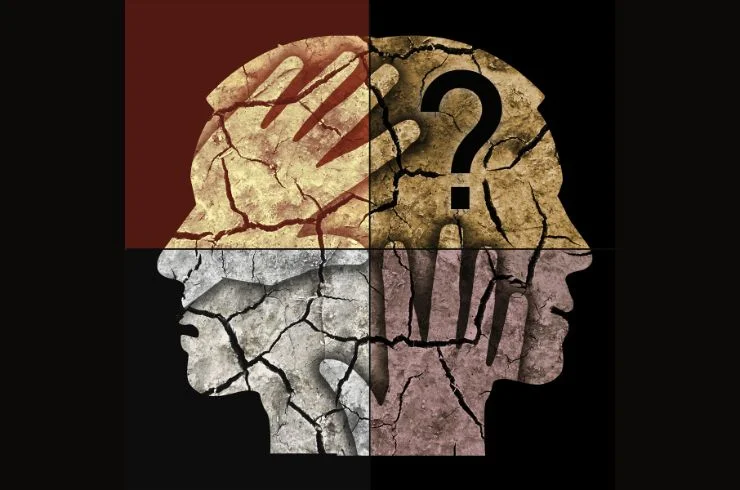
Schizophrenia is a chronic and severe mental disorder that affects how a person thinks, feels, and behaves. Individuals with schizophrenia often experience a range of symptoms that can be categorized into positive, negative, and cognitive types. Positive symptoms include hallucinations (hearing voices or seeing things that aren’t there), delusions (false beliefs), and thought disorders. Negative symptoms involve a lack of motivation, withdrawal from social interactions, and diminished emotional expression. Cognitive symptoms can impact memory and the ability to concentrate.
The onset of schizophrenia typically occurs in late adolescence or early adulthood, although it can emerge at any age. The exact cause is not fully understood, but a combination of genetic, brain chemistry, and environmental factors is believed to contribute to its development.
Treatment for schizophrenia usually involves a combination of antipsychotic medications and psychotherapy. Early intervention is crucial, as it can improve outcomes and help individuals lead more fulfilling lives. With appropriate treatment and support, many people with schizophrenia can manage their symptoms effectively and achieve recovery. Ongoing research continues to explore new therapies and approaches to enhance quality of life for those affected.
At RMS Hospital, Dr. Suraj Singh combines his expertise in psychiatry, counseling, and deaddiction to provide compassionate, holistic care.